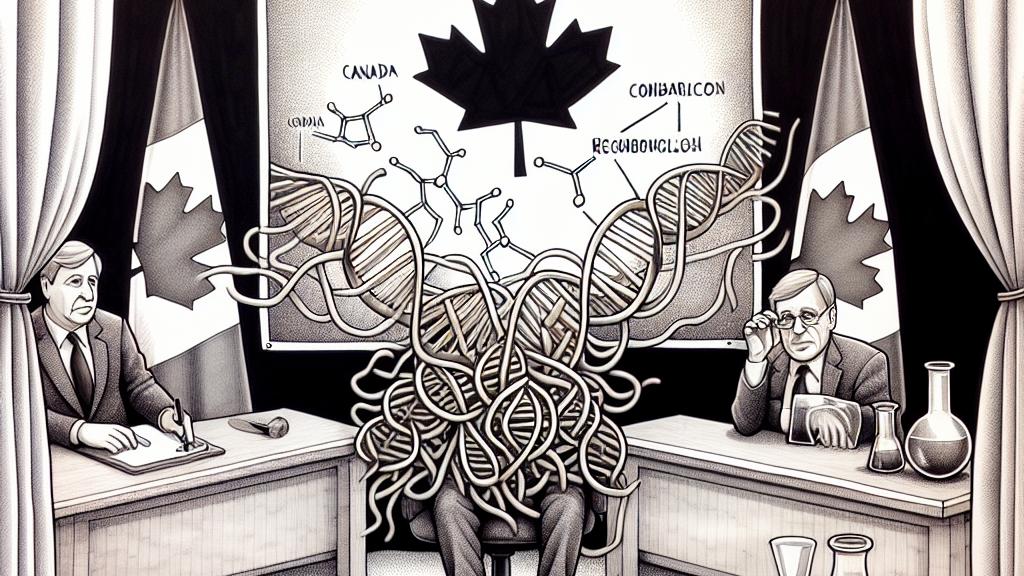Understanding a Retraction in Scientific Research
Overview
- Retraction reveals essential lessons about scientific accuracy.
- Homologous recombination is vital for DNA repair and genetic variation.
- Inaccurate research can mislead future studies and public health directives.

The Impactful Retraction of Key Research
In a striking development for the scientific community in Canada, a significant article on homologous recombination was retracted from the esteemed journal Nature. Originally published in December 2015, this paper was expected to provide groundbreaking insights into how cells control homologous recombination during the G1 phase. However, upon further review, critical issues were discovered, particularly in several figures, leading to the authors' decision to retract the paper entirely. This decisive action exemplifies a commitment to upholding scientific standards. It's a powerful reminder that the quest for knowledge must always prioritize integrity; after all, the reliability of our scientific foundations is essential for future discovery.
Unpacking the Concept of Homologous Recombination
But what exactly is homologous recombination? Picture it as nature’s sophisticated way of mixing and matching genetic cards! This remarkable biological mechanism allows cells to repair damaged DNA by exchanging segments between similar DNA strands, facilitating accuracy in genetic information transfer. For example, as meiosis unfolds, paired chromosomes align perfectly, leading to genetic exchanges that not only repair DNA but also contribute to the richness of genetic diversity in offspring. This diversity is crucial for evolution, enabling populations to adapt to new challenges. Without such a shuffle of genetic materials, organisms would face significant difficulties in evolving over time, reducing the vibrant array of traits we see in nature.
The Broader Implications of Research Retractions
The implications of retractions like these extend well beyond a single study; they ripple throughout the entire realm of scientific research and public understanding. When a respected study claims to unravel key biological processes, any inaccuracies can misdirect research efforts and influence public health policies. Take, for instance, how insights on homologous recombination are essential in addressing genetic predispositions to cancers such as breast cancer, particularly linked to mutations in BRCA genes. If foundational research is flawed, it could mislead subsequent studies, resulting in misguided treatments and misconceptions about health issues. Therefore, maintaining transparency and accountability in scientific research isn't just necessary; it's imperative for the health and understanding of society as a whole.

Loading...